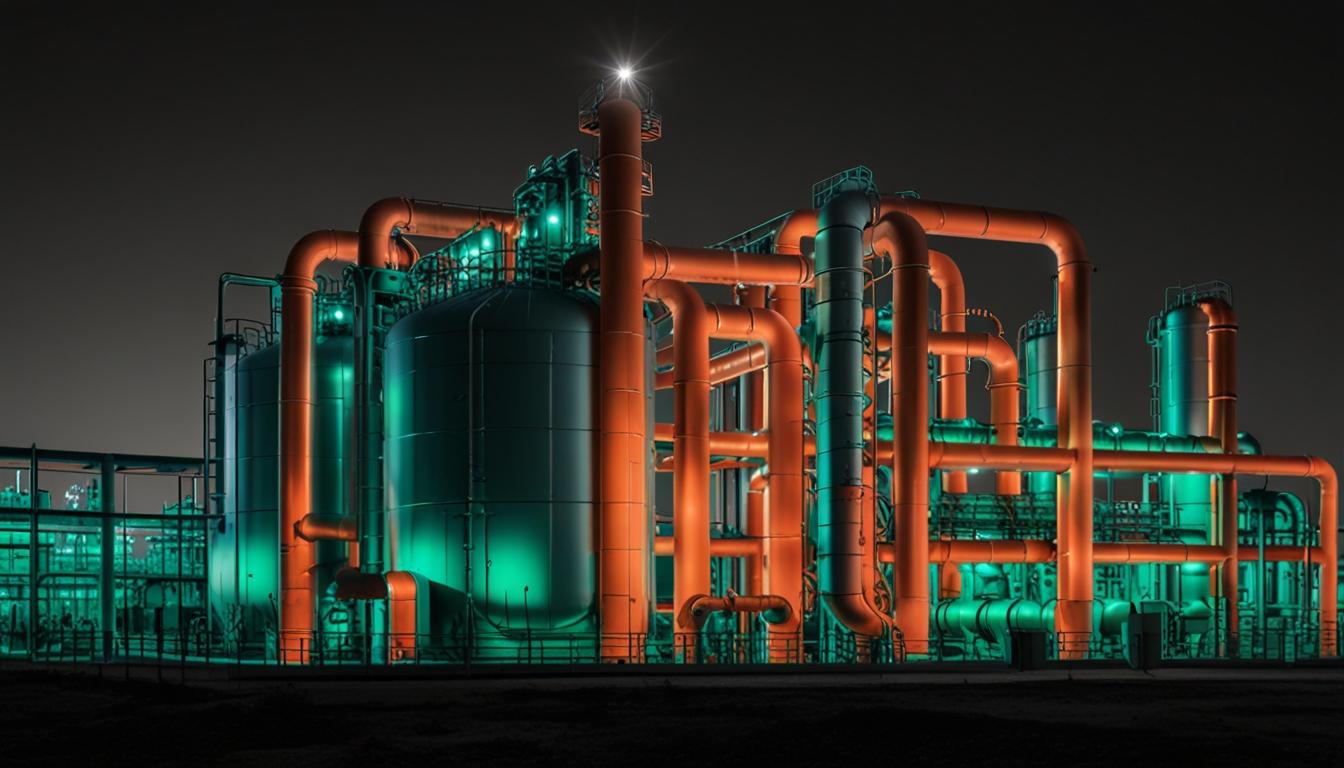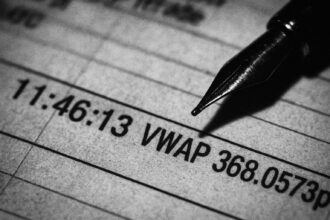The World Bank has sanctioned $1.5 billion to aid India in advancing its low-carbon energy initiatives, focusing on green hydrogen production and electrolyzer development. The financing aims to ramp up green hydrogen output, enhance renewable energy capacity, and reduce emissions significantly.
The World Bank has approved $1.5 billion in financing to support India’s development of low-carbon energy, according to an announcement on June 29. This approval marks the second phase of the Low-Carbon Energy Programmatic Development Policy Operation, following a similar $1.5 billion approval in June 2023.
The initiative aims to accelerate the production of green hydrogen and the development of electrolyzers, which are essential for green hydrogen production. These reforms are expected to catalyze the production of at least 450,000 metric tons of green hydrogen and 1,500 MW of electrolyzers annually starting from the fiscal year 2025-26. Moreover, the efforts will significantly enhance renewable energy capacity and reduce emissions by 50 million tons per year.
The operation includes incentivizing battery energy storage solutions and revising the Indian Electricity Grid Code to better integrate renewable energy into the national grid. It also supports the creation of a national carbon credit market, bolstering India’s climate finance mechanisms.
The financing package consists of a $1.46 billion loan from the International Bank for Reconstruction and Development (IBRD) and a $31.5 million credit from the International Development Association (IDA).
World Bank Country Director for India, Auguste Tano Kouame, emphasized the project’s alignment with India’s net-zero goals and its potential to create clean energy jobs in the private sector. The project leaders, Aurélien Kruse, Xiaodong Wang, and Surbhi Goyal, highlighted the successful private sector engagement in renewable energy under the National Green Hydrogen Mission’s incentive scheme.
The first phase of financing supported measures such as waiving transmission charges for renewable energy in green hydrogen projects and setting up a legal framework for a national carbon credit market.













